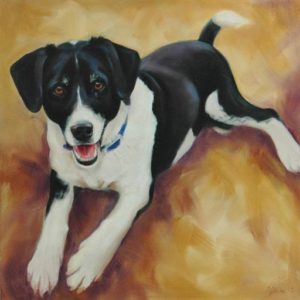What Should You Know About an Alcohol Induced Panic Attack?
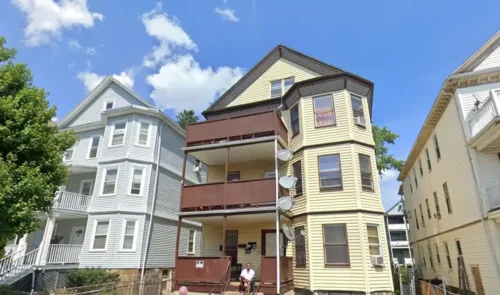
If you are not struggling with alcohol addiction, cutting out drinking is more of a personal choice. Consuming alcohol can trigger panic attacks, while others experience extreme nervousness after drinking. Drinking mimics a brain chemical called GABA, which induces feelings of relaxation. This is why some people might feel less panicked while drinking.
How does alcohol affect anxiety?
- It’s most common for alcohol to cause panic attacks during withdrawal.
- While alcohol can calm anxiety temporarily, it only makes things worse in the long run.
- This pattern can make it challenging to break free from using alcohol as a coping mechanism.
Melody is here to help as you adjust to a life with less (or no) alcohol. You’ll meet hundreds of fellow Reframers in our 24/7 Forum chat and daily Zoom check-in meetings. Receive encouragement from people worldwide who know exactly what you’re going through! You’ll also have the opportunity to connect with our licensed Reframe coaches for more personalized guidance. The Reframe app equips you with the knowledge and skills you need to not only drunk panic attack survive drinking less, but to thrive while you navigate the journey. Our daily research-backed readings teach you the neuroscience of alcohol, and our in-app Toolkit provides the resources and activities you need to navigate each challenge.
How long do anxiety attacks last? According to a Psychiatrist
- If you are more prone to these disorders, you may have a more extreme reaction to alcohol withdrawal than someone who does not suffer from panic attacks.
- As individuals continue to use alcohol to cope with anxiety, they may develop tolerance.
- In order to truly take control of your panic attacks, you should make efforts to treat the underlying anxiety that’s causing them in the first place.
While panic attacks typically occur out of nowhere for no reason, alcohol intake can directly or indirectly trigger them for some people. Alcohol has an effect on brain chemistry – it can induce panic because of its effects on GABA, a chemical in the brain that normally has a relaxing effect. Self-medicating your panic attacks in this way can leave you psychologically dependent on alcohol, as you come to rely on it to keep your anxious thoughts and feelings at bay. You may have already found that you’re having to drink larger quantities to get rid of your anxiety, or are now drinking to stave off withdrawal symptoms.
How Anxiety and Alcohol Feed into Each Other
If the symptoms of a hangover or hangxiety are severe—or if you are having shaking, tremors, a fever, changes in consciousness, or seizures—get prompt medical attention. Recognizing the symptoms and understanding that they are the result of alcohol use and withdrawal can provide some sense of assurance that the symptoms will wear off after a few hours. Working with a therapist to unpack the link between your anxiety and your drinking habits is a great way to understand more about your relationship with alcohol.
Charlie Health’s virtual substance use disorder treatment program for individuals with a primary substance use disorder diagnosis is only available in select states. If your treatment plan includes medication, your psychiatrist will prescribe and manage it. If needed, your psychiatrist can also refer you to a Talkiatry therapist. If you’re regularly experiencing some or all the symptoms listed above, it’s important to seek professional help immediately. Your situation may seem hopeless at first when suffering from an alcohol-induced panic attack. The information above can help ensure you take the appropriate course of action.
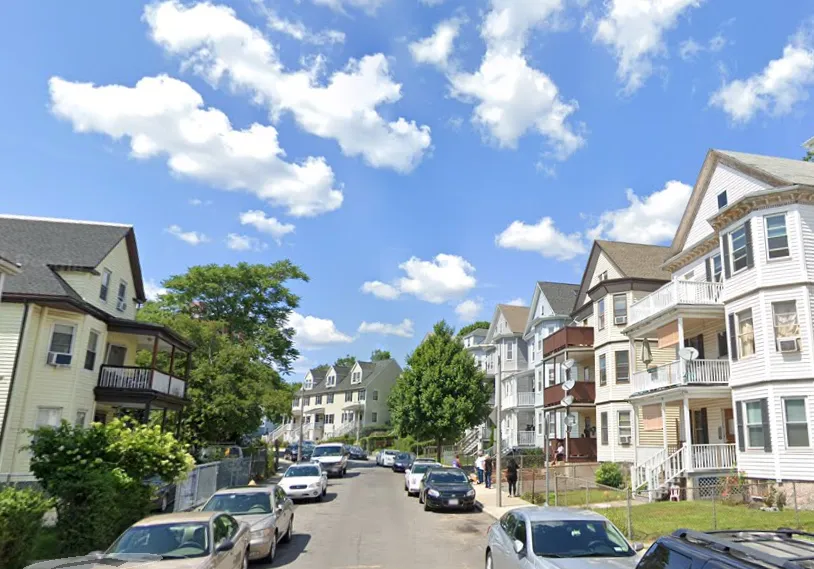
This is a slippery slope that can easily spiral into a devastating addiction, make your panic attacks and anxiety worse in the long term. All our psychiatrists (and all psychiatrists in general) are medical doctors with additional training in mental health. They can prescribe any medication they think can help their patients. In order to find out which medications might be appropriate, they need to conduct a full evaluation. Your body, however, is always looking to establish equilibrium, or balance.
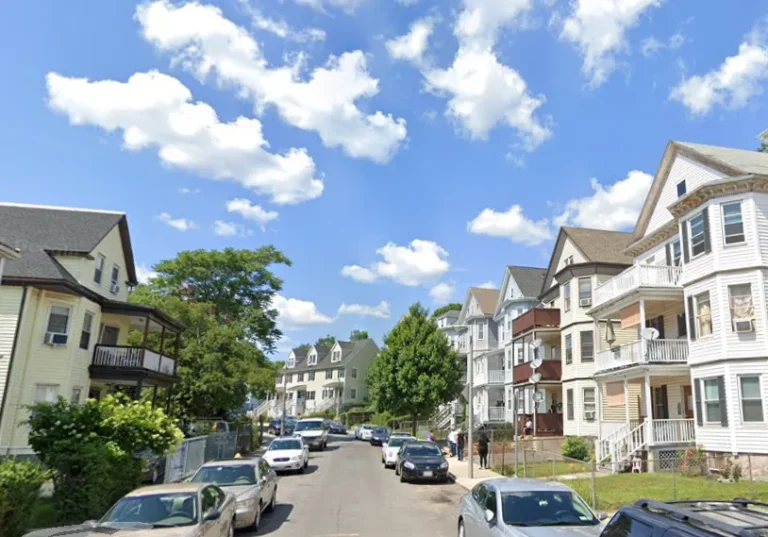
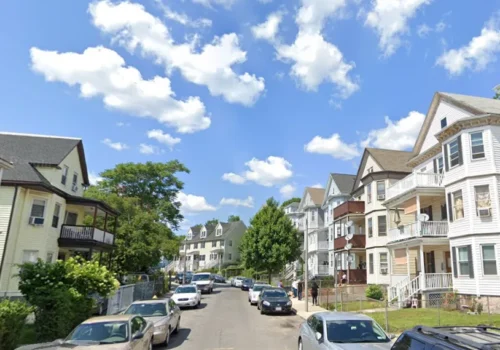
It may increase heart rate and exacerbate feelings of nervousness. Limiting caffeine intake, particularly before and after drinking alcohol, can help reduce anxiety symptoms. Alcohol throws off the balance in our brain and body, Alcohol Use Disorder creating chaos that makes panic attacks more likely.
Even though alcohol is a depressive and not a stimulant, it can still cause some symptoms that may mimic a panic attack, including heart palpitations and increased sweating. If you’re already at risk for panic attacks, these could make you feel more anxious. People with anxiety disorders may also have a substance use disorder. In fact, 50% of people receiving treatment for alcohol use disorder also live with an anxiety disorder. While many people do feel some anxiety after drinking, regular alcohol-induced panic attacks are a serious matter. However, using alcohol to cope with anxiety is a risky strategy.
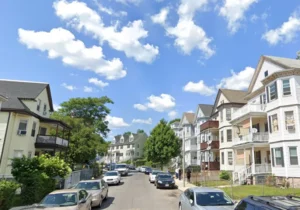
Treatment Options For Alcohol Use Disorder
Alcohol lowers inhibitions, leading to actions or words you may regret, causing overthinking and anxiety the next day. Alcohol depletes key nutrients like folic acid, which may contribute to mood swings and anxiety. Try sketching, baking, poetry—anything that’s just left of your routine.



